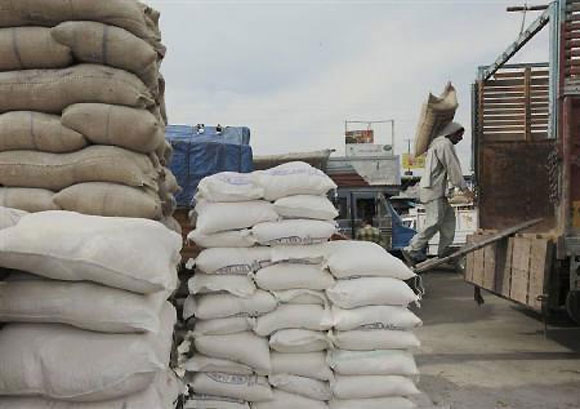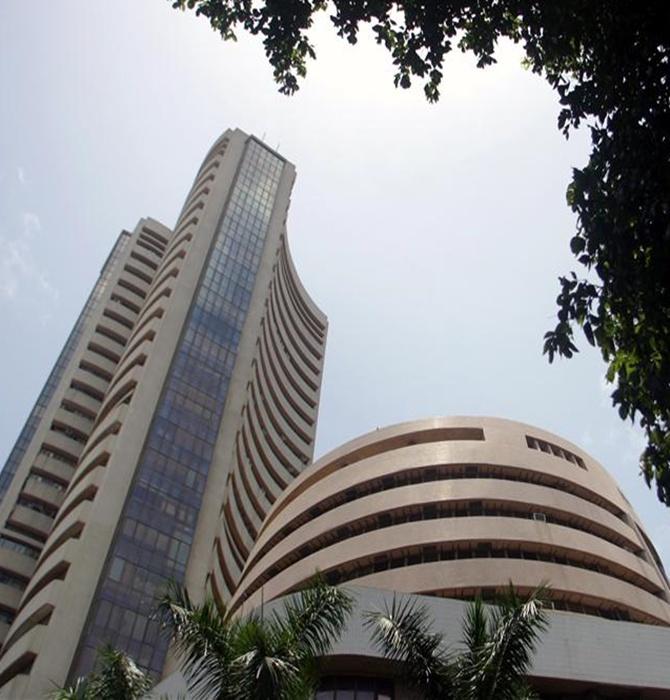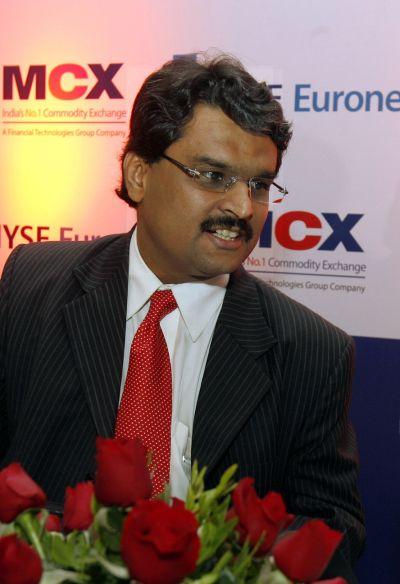
The government must take steps to end the gaps in regulatory oversight in the NSEL fiasco, notes Jamini Bhagwati
The December 2, 2013, edition of this newspaper carried an item under its Chinese Whispers column (‘The NSEL effect’) that said aspirants for positions in the MCX Stock Exchange were asked what steps they would have taken to avoid the National Spot Exchange Ltd scam.
This is a relevant question going forward, since one of the reasons retail investor interest in capital markets has waned is the sense that much of what goes on is non-transparent or enveloped with malfeasance.
This article reviews what happened at NSEL, according to information available in the public domain, and reiterates what could be done to reduce the risk of similar scams.
. . .

NSEL started operations on October 15, 2008, and its downfall began with the Forward Markets Commission’s notification on July 12, 2013, restricting contracts offered by NSEL to settlement within 10 days.
Till then NSEL offered spot purchase/sale contracts that could settle between two and 36 days.
By definition, NSEL should have been engaged only in making spot markets in commodities.
Under the FMC’s regulations, any contract that settled within 11 days could be considered a spot transaction.
Eleven days is a long period for settlement of spot contracts.
. . .

However, NSEL violated even this excessively relaxed dispensation by offering contracts with settlement periods lasting up to 25 or even 36 days.
NSEL defaulted on payments amounting to Rs 5,500 crore (Rs 55 billion) at the end of July 2013 and it is unclear how this happened without triggering any alarm bells in advance.
NSEL’s settlement guarantee fund was found to be non-existent and, among other violations of an exchange’s norms, NSEL is believed to have been owned by several members that traded on this exchange.
It is surprising that NSEL offered forward products well beyond the FMC’s definition of spot trades with settlement within 11 days.
. . .

Further, it is strange, to say the least, that this continued for around four years without attracting the adverse attention of the FMC or any other financial sector regulator. Additionally, NSEL’s claim that it was outside the purview of the FMC was factually incorrect.
NSEL was set up as a joint venture between Financial Technologies (India) Ltd and the National Agricultural Cooperative Marketing Federation of India.
Prima facie, it appears logical that NAFED, a subordinate office of the department of agriculture and cooperation, should help sponsor an exchange that includes spot trading in agricultural commodities.
This is because the development of warehousing capacity should be a spin-off benefit of the setting up of such an exchange.
However, this expectation was not met since it was found after July 2013 that warehouses either did not exist or did not store the required volumes of commodities.
Clearly, NAFED’s due diligence as a promoter was inadequate.
. . .

Turning to the motivating factors of this scam, the suspicion in many quarters is that NSEL was used primarily as a forum for borrowers and lenders to deal with each other outside the regulatory purview and facilitate money laundering.
The mechanisms adopted included taking long/short positions in the spot market, with settlement within three days and corresponding short/long positions in the forward market, with settlement after 36 days.
According to media reports, some of the principal participants and brokers on NSEL are large firms that continue to be active on the National Stock Exchange and the Bombay Stock Exchange.
It is inexplicable -- unless intentions were suspect -- that well-known broking houses, despite the reputational risk, were complicit with disguising forward trading as spot trading.

This sorry episode also casts a shadow on those responsible for oversight.
Whoever gave NSEL the go-ahead to set up an exchange should have been also responsible for ensuring regulatory oversight.
If the department of consumer affairs or the FMC felt it did not have the mandate or the expertise, it was incumbent upon them to seek the required clarifications and assistance in a timely manner.
And why were the other financial sector regulators, including the Securities and Exchange Board of India, functioning as if they were in separate silos, and for so long?
The NSEL meltdown is yet another case of regulatory oversight falling between stools. Looking to the future, the government and regulators need to coordinate their efforts better to plug gaps and shortcomings in oversight.
. . .

This sorry episode also casts a shadow on those responsible for oversight.
Whoever gave NSEL the go-ahead to set up an exchange should have been also responsible for ensuring regulatory oversight.
If the department of consumer affairs or the FMC felt it did not have the mandate or the expertise, it was incumbent upon them to seek the required clarifications and assistance in a timely manner.
And why were the other financial sector regulators, including the Securities and Exchange Board of India, functioning as if they were in separate silos, and for so long?
The NSEL meltdown is yet another case of regulatory oversight falling between stools.
Looking to the future, the government and regulators need to coordinate their efforts better to plug gaps and shortcomings in oversight.
. . .

It is to be expected that the unscrupulous will continue to frenetically look for gaps in regulatory oversight and enforcement mechanisms to make a quick buck.
To deter potential wrongdoers, the risk of detection can -- and should -- be made much higher.
Besides, regulators need to have the will and capacity to impose punishment by undertaking detailed, methodical and painstaking analysis.
To summarise, the lessons from the NSEL crisis and remedial steps are:
Jaimini Bhagwati is a former Indian high commissioner to the UK and a professional at the finance ministry and World Bank Treasury. He is currently RBI chair professor at Icrier